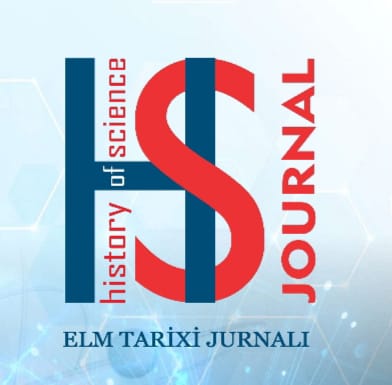This article examines and analyzes Hassan Hanafi’s perspective on Imamate and critiques it in light of Allameh Tabataba'i’s thought. Adopting a modernist and historical interpretive approach, Hanafi views Imamate as a purely social and human phenomenon that emerged within the framework of political developments and the needs of the Islamic community. He distances himself from traditional and theological approaches, attempting to reinterpret the concept of Imamate within the context of history and society, while detaching it from its sacred and divine dimensions. In contrast, Allameh Tabataba'i, emphasizing Qur’anic, rational, and traditional foundations, regards Imamate as a divine position rooted in essential (ontological) guardianship—a station that encompasses not only external leadership but also the inner guidance of the community. Using a comparative-analytical method, this article seeks to explore the different dimensions of these two perspectives and demonstrates that, although Hanafi strives to offer an interpretation aligned with the demands of the time, his view lacks a comprehensive and profound explanation of the true nature of Imamate.

